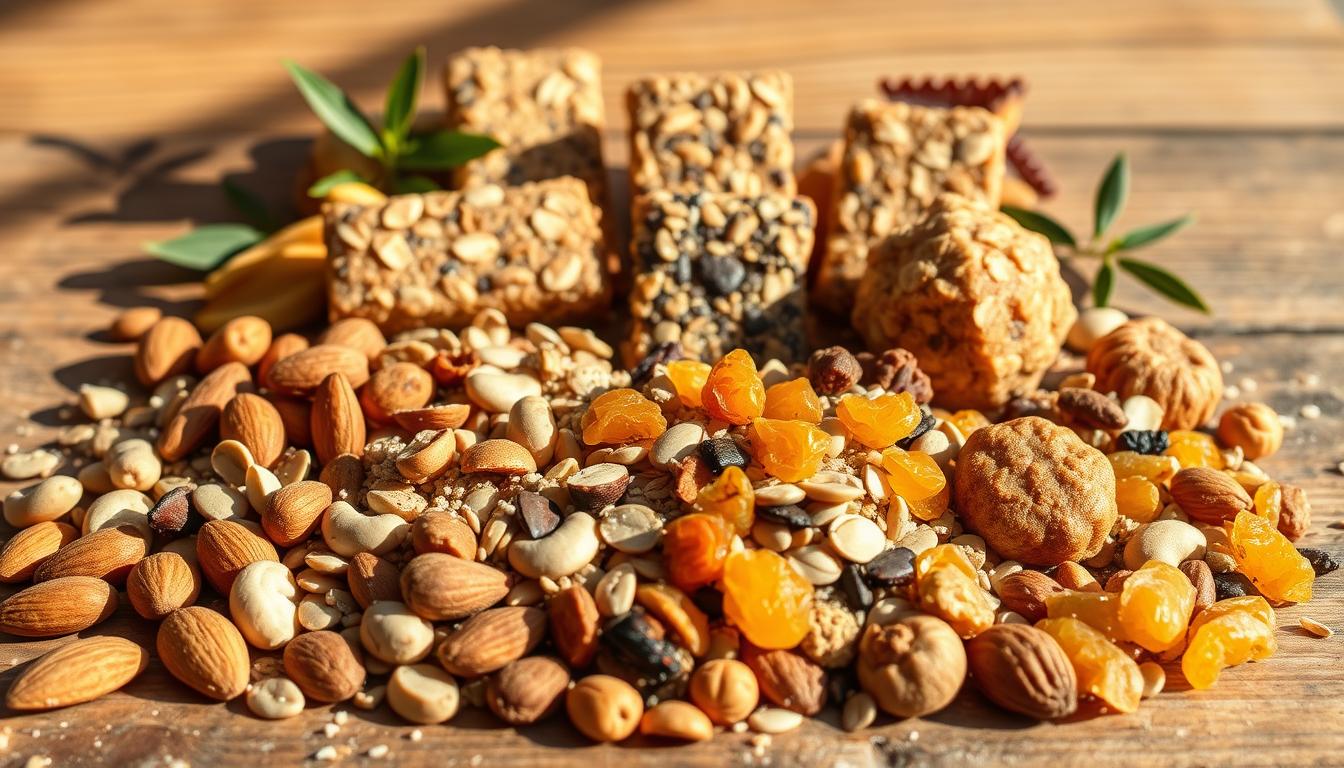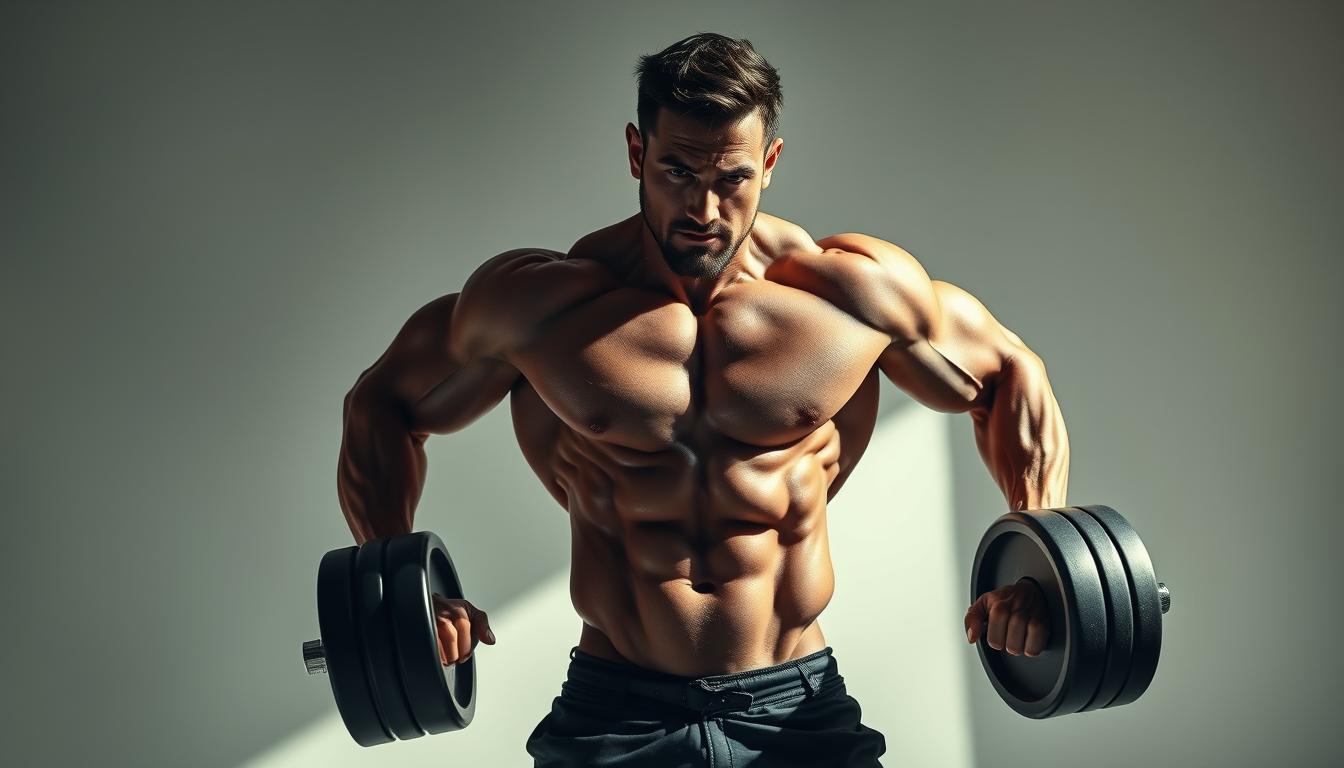A growing number of people are turning to vegan protein snacks as a convenient and healthy way to support their weight loss goals. With the…
Lean Vegan or Plant-Based Living
Easy Vegan Meals for Lean Muscle Gain
A well-planned plant-based diet can be incredibly effective for building lean muscle. Did you know that some of the world’s top athletes thrive on a…

